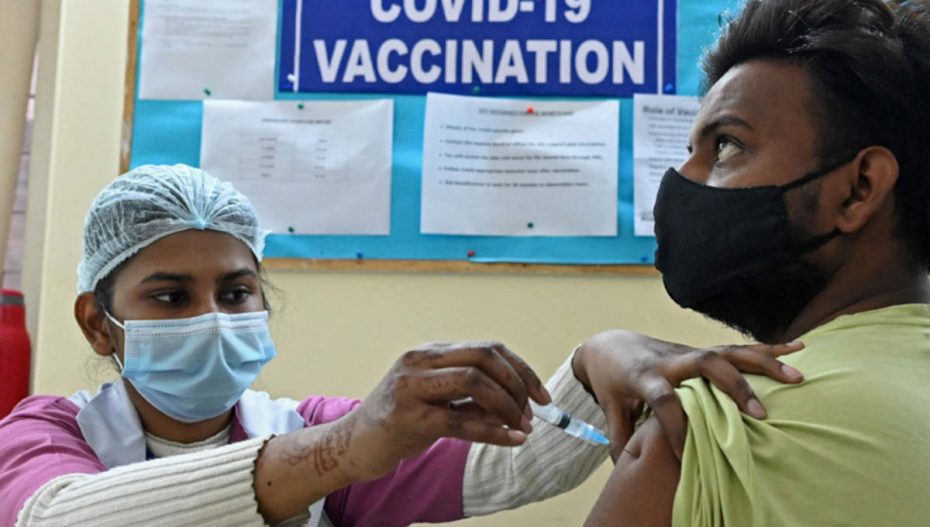Prime Minister Narendra Modi on Saturday made a much-awaited announcement on booster doses of the Covid-19 vaccine, stating that those eligible for the booster would include frontline workers, people with co-morbidities and senior citizens.
Booster doses are to be rolled out from January 10.
Modi said vaccination for children aged between 15-18 years would begin from January 3. Indian Council of Medical Research (ICMR) and Bharat Biotech’s Covaxin has now been given emergency-use authorisation for children above 12 years of age.
Several studies, including some by Indian government researchers, have recently indicated that the protection induced by vaccines wanes after a few months, and that coronavirus variants such as Delta and Omicron reduce the vaccines’ efficacy.
Some experts who had formerly advocated against the use of booster doses have changed their stance as the Omicron variant emerged. There have been ICMR studies that have shown that the Delta variant reduces the efficacy of the vaccine. However, researchers said antibody levels were high enough to continue to protect people from severe disease.
While there is no data on the efficacy of a booster dose of Covaxin, several studies already support the use of a Covishield booster.
In a study published in the medical journal The Lancet, a team of researchers found that the protection offered by the Oxford-AstraZeneca COVID-19 vaccine — marketed as Covishield in India — declines three months after receiving a second dose. It suggested that booster programmes are needed to help maintain protection from severe disease in those vaccinated with Covishield.
Researchers from the University of Oxford have found in laboratory studies that a booster dose of the Covishield vaccine can significantly increase the levels of antibodies against the Omicron variant.
In India, the Christian Medical College (CMC), Vellore, is currently carrying out a clinical trial to evaluate the efficacy of booster doses.













